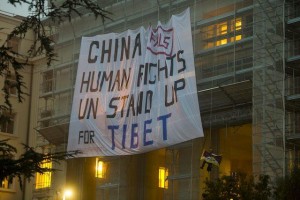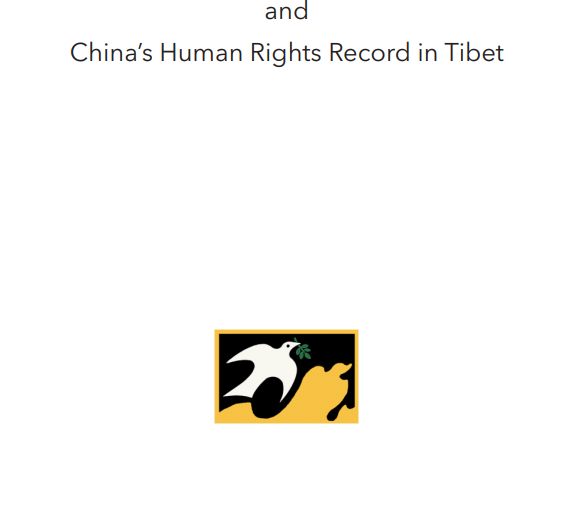
On 20 March 2014, the United Nations Human Rights Council adopted the Report of the Working Group on the Universal Period Review on People’s Republic of China (PRC). The Universal Periodic Review (UPR) system allows every State’s human rights record to be reviewed and discussed by other States. The State under review receives recommendations from other States that it either accepts or reject. The UPR is a unique opportunity to hold States publically accountable for their human rights record. States, like China, that want to be seen as protecting human rights put a lot of emphasis on their UPR review.
“China’s strategy during the UPR was to try and equate laws that are not enforced and empty promises with progress on human rights,” said Ms. Tsering Tsomo, the executive director of TCHRD. “The deteriorating human rights situation in Tibet and the recent death of Cao Shunli on 14 March demonstrate that China’s laws and promises have failed to improve people’s lives and protect human dignity, which is the purpose of the human rights system.”

